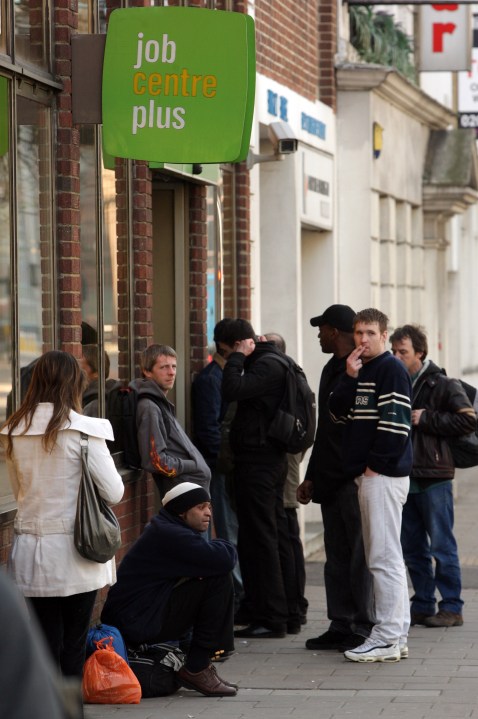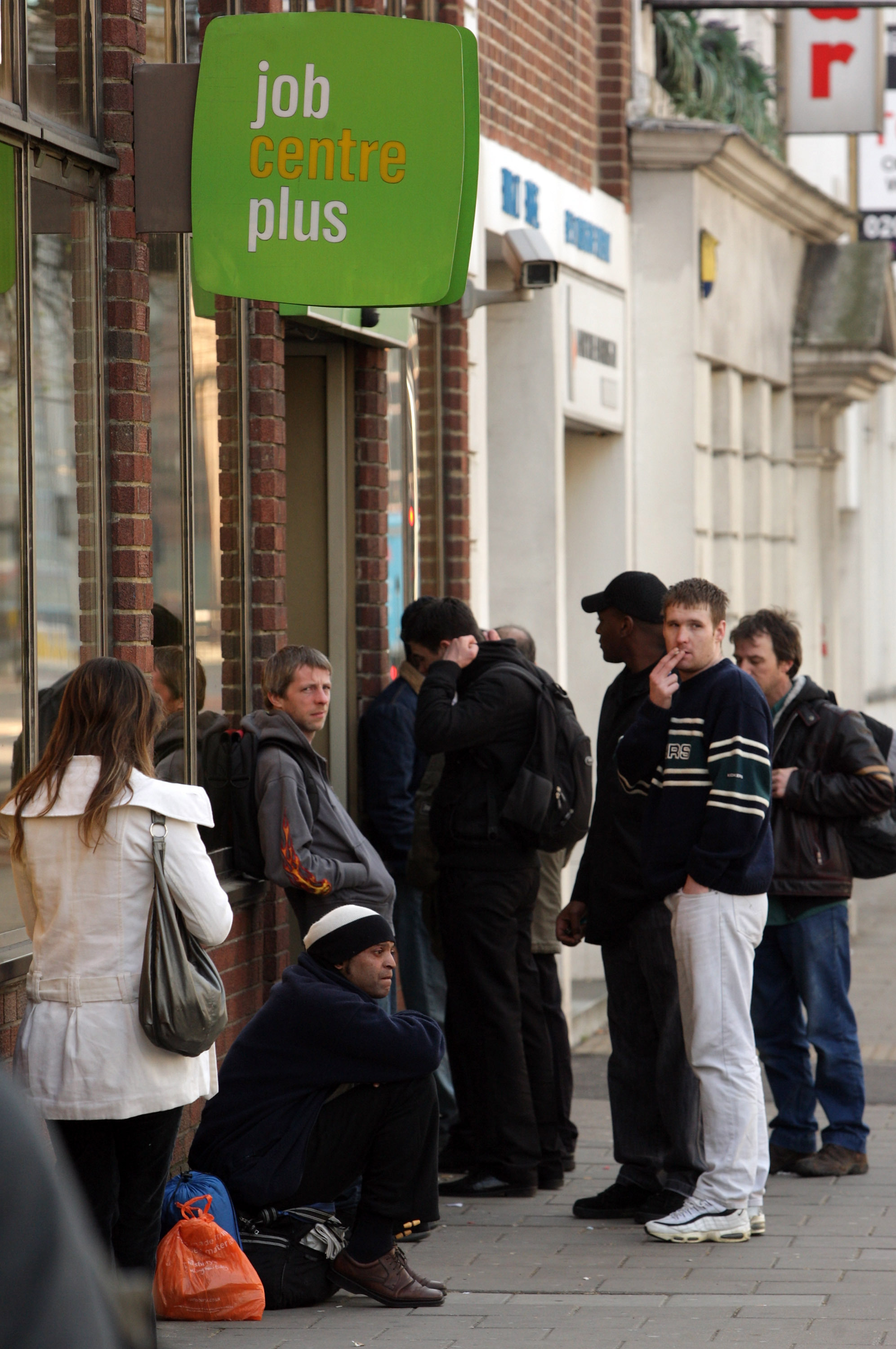 Putting Ed Balls into Home Affairs is like trapping a bee in a jar: he’ll come out
furious, and anxious to sting. In his new brief, he has immigration. And he’ll know Cameron’s vulnerabilities. The greatest threat facing the coalition doesn’t come from Ed
Miliband. It comes from a deep dysfunction in Britain’s economy: that when it grows, we just suck in more workers from overseas. Balls knows this, and the resentment it causes in affected
communities – which is why he was talking tough on immigration during the leadership
contest. He knows where the economic bodies are buried: he dug the graves. He also knows that unless Cameron manages to make work pay, he’ll end up with what is – for UK workers –
a jobless recovery. As Obama is finding out, this goes down rather badly.
Putting Ed Balls into Home Affairs is like trapping a bee in a jar: he’ll come out
furious, and anxious to sting. In his new brief, he has immigration. And he’ll know Cameron’s vulnerabilities. The greatest threat facing the coalition doesn’t come from Ed
Miliband. It comes from a deep dysfunction in Britain’s economy: that when it grows, we just suck in more workers from overseas. Balls knows this, and the resentment it causes in affected
communities – which is why he was talking tough on immigration during the leadership
contest. He knows where the economic bodies are buried: he dug the graves. He also knows that unless Cameron manages to make work pay, he’ll end up with what is – for UK workers –
a jobless recovery. As Obama is finding out, this goes down rather badly.
In many ways, Ed Howker’s post on Rochdale highlights the problem. In its centre, 84 per cent are on benefits – and it has been not far from this level for a decade and more. And why?
No Jobs? Hardly. The ONS estimate (not online) is that Rochdale’s immigrant population jumped from 4,000 to 15,000 over the Labour years. So Gillian Duffy had a point when she asked Gordon Brown where all the Eastern Europeans were coming from. As I say in the News of the World today: it didn’t make sense to her. She saw thousands of
locals on the dole. She saw thousands of new immigrants, settling in to work. What’s going on?
The answer is what I call the British Economic Dysfunction: that our growing economy sucks in people from overseas, rather than reducing dole queues. Unreformed welfare pays people not to work: and
I blame the system, not those who follow its perverse incentives. Nor do I blame hardworking immigrants for filling these vacancies. The Osborne-IDS reforms will sweep away this rotten system
– but the Universal Credit will take a decade and start in 2013. Let’s set aside the economic and social problems that the unreformed system will create in the meantime. Osborne is part
electoral strategist, so I’d like to give him an early warning of what could be a major political headache.
As The Spectator pointed out, the Dysfunction means that 99 per cent of the new jobs created under
the Labour years can be accounted for by extra immigration. The companies grew, the tax was collected – but the welfare ghettoes remained and places like central Rochdale remained a state.
And people like Mrs Duffy thought it all a bit mad. That’s Labour’s legacy. Enough said.
But I also requested new data for the last year of Brown (Q2 2009 vs Q2 2010). It shows that the ‘recovery’ also sucked in overseas workers. Between these two dates, there are 118,000
fewer UK-born workers, according to the Eurostat-mandated Labour Force Survey of working-age people. Over the same period, the number of foreign-born workers is up by 122,000. Welfare is, right
now, competing with low-paid work. If things carry on, Cameron will have a very unhappy and underemployed electorate on his hands.
This is not some denouncement of immigrants – as CoffeeHousers know, I’m a fan of freedom of movement. Mass immigration is an expression of our labour market problem: tightening the
points system and kicking out X-Factor contestants won’t help. The newcomers are a direct result of the vacuum blown in the heart of our labour market by the welfare state.
Much can go wrong in the next three years of unreformed welfare – mainly that foreign-born workers will probably take most of the jobs created this year and next. There is another way.
It’s time for an emergency tax cut on the low-paid could be partly paid for by putting the DfID budget back to where it was in 2006. Life expectancy in these welfare ghettoes is lower than
many countries we ship aid to (65.3 in central Rochdale, worse than Western Sahara or Pakistan). It’ll be
expensive, but not as expensive as keeping folk on dole. The Swedes took this route, and it stoked the recovery (full report, by yours truly, here).
Mass immigration has broken the link between economic growth and reduced unemployment. The Treasury doesn’t realise that (its internal calculations don’t distinguish between UK-born and
foreign-born), so Osborne will be working on false economic models. Brown did it knowingly: he and Balls covered this up. Osborne must be careful not to carry on with this system unwittingly
– and Balls will be waiting with some modernised version of ‘British jobs for British workers’.
A tax cut for the low-paid is a crude measure. But we need to fix this welfare problem, and international evidence shows that even marginal differences in the tax take do help coax people back to
work. British poverty is a cause with no glamour or pop stars, but it’s time to get worried. I believe in making poverty history – and think that Rochdale is an excellent place to
start.
UPDATE: A friend from Glasgow emails the below:








Comments